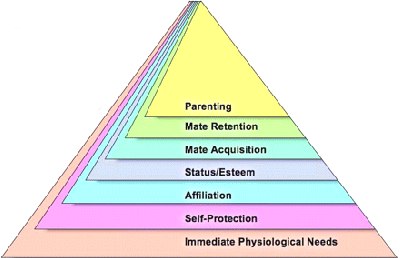The Null Device
2010/7/1
The latest compact camera from Samsung, until now a brand more associated with cheap consumer units, looks interesting. The Samsung EX1 seems to be targetted at the niche at the top end of the compact market currently held by Panasonic's DMC-LX3; it has the solid metal body and large image sensor (1/1.7", with only 10 megapixels), and trumps the LX3 by having a f/1.8 lens (to the LX3's f/2.0, to say nothing of Canon's G11, the lowly f/2.8 aperture of whose lens borders on insulting), a fold-out screen (just like the PowerShot G series had back when it was good, only this one's AMOLED). It doesn't have the LX3's range of manual controls (the aspect-ratio and focus mode switches on the lens barrel), and appears to have fewer aspect ratio options, but the quality is said to outperform the LX3.
The Mayor of London is now talking about wiring the entire city, including the Tube, for wireless internet. Of course, it's unlikely to be free, as once mentioned; for one, it'll cost a fair bit, and also, with the Digital Economy Act, it's likely that proof of identity (or at least a credit card) will be required for copyright-enforcement purposes.
A team of evolutionary psychologists have revised Maslow's Hierarchy of Needs.  The original hierarchy is a pyramid of needs, with basic ones (food, shelter and, because it was invented in the 1960s, sex) at the bottom, and subsequent layers adding more advanced ones, like love, esteem and, at the apex, self-actualisation. Douglas Kenrick's team, however, does away with all that fluffy human-potential thinking and replaces it with the brute certainties of evolutionary psychology: at the top is not self-actualisation but parenting; i.e., doing what your genes built you to do and passing them on. The levels below have to do with acquiring and retaining a genetically fit mate, and building up the necessary social status to compete for the prize.
The original hierarchy is a pyramid of needs, with basic ones (food, shelter and, because it was invented in the 1960s, sex) at the bottom, and subsequent layers adding more advanced ones, like love, esteem and, at the apex, self-actualisation. Douglas Kenrick's team, however, does away with all that fluffy human-potential thinking and replaces it with the brute certainties of evolutionary psychology: at the top is not self-actualisation but parenting; i.e., doing what your genes built you to do and passing them on. The levels below have to do with acquiring and retaining a genetically fit mate, and building up the necessary social status to compete for the prize.
I am generally a fan of evolutionary psychology as an explanatory tool, though this doesn't sit well with me; it strikes me as a bit too reductionistic, and a bit too basic a model. Is the ultimate goal really to breed? Can we say that someone who has settled down in anonymous suburbia with a stable if dull job and started pumping out the children is more fulfilled than one who has found self-actualisation (through social, creative or otherwise constructive pursuits) but is childless? Are those who choose the latter path deluding themselves? It seems to say so.